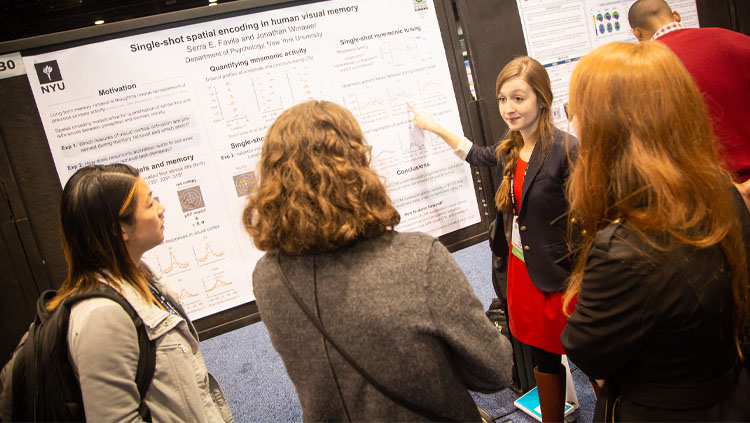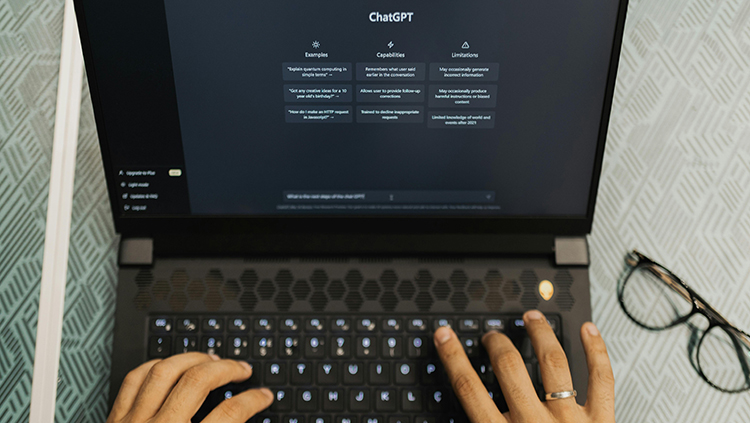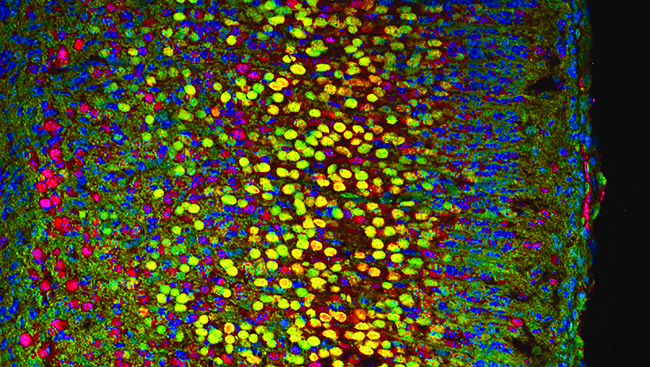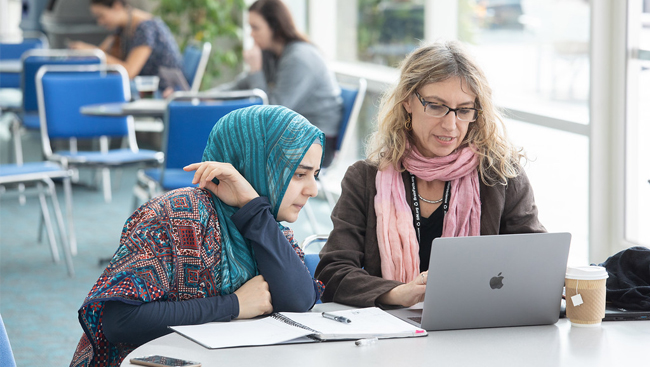
As a faculty member at a primarily undergraduate institution (PUI), research may look different than it did during your training, considering most of your time will be reserved for teaching. Even so, many schools encourage integrating research into courses, which can help you have an impact on more students than you would in a research lab.
Undergraduate research is well-known as a high-impact practice in higher education1, providing opportunities for students to develop their critical thinking, problem-solving, and leadership skills, intellectual independence, and abilities to work in teams and own projects. For students, all of these skills are readily transferable to a wide array of future careers. For departments and institutions, involvement in undergraduate research translates into increased engagement and academic success of students2, increased retention and graduation rates3, as well as career placements or enrollment in graduate programs. It also promotes an innovation-oriented culture.
Experiment with the following course models to determine how you can integrate research into the curriculum.
Senior Thesis
This is usually a two-semester commitment and a one-on-one mentored experience. To ensure rigor in the senior thesis, make sure to familiarize students with reading and analyzing research articles, conducting pilot projects to serve as the basis for data collection and analysis, preparing figures, and writing the final project report.
Research Capstone
Research capstones are carried out in one or two semesters, with seniors working in teams to design and conduct research projects.
At Hope College, the first semester is devoted to identifying research questions, organizing journal clubs and research group meetings, writing an NSF-style research proposal that undergoes peer review, and conducting most of the experiments. In the second semester, students learn to analyze and interpret data, write a research report as a manuscript for a specific journal, and prepare and present a poster.
Research Methods Course
Juniors as well as seniors may take a research methods course. In addition to skills acquired during a research capstone, this kind of course also provides extensive training in topics such as research ethics, keeping a lab notebooks, writing grant proposals, understanding how proposals are evaluated, and preparing applications for grad school. Students who take this course are usually drawn from multiple faculty labs, where they receive additional training in research methodologies.
Group Investigations
Group investigations are often conducted as part of a research capstone, but they can be carried out during the sophomore and junior years as well. Group investigations are sometimes referred to as Course-Based Undergraduate Research Experiences (CUREs), to distinguish them from Undergraduate Research Experiences (UREs), which involve one-on-one mentoring and can occur during the academic year or summer.
At Davidson College, 200- and 300-level courses include collaborative research experiences that build practical and theoretical knowledge on the topic of the course — take microscopy as an example. In addition to foundational knowledge, courses may also provide an overview of emerging techniques, with the research project emphasizing one or more methods of microscopy. Students who take these courses are better prepared to work in faculty labs, which routinely use such methodologies.
A three-semester sequence of courses in the neuroscience program at Miami University of Ohio is offered for juniors and seniors who have not had prior research experience. The scope is similar to the two-semester research capstone, but a one-month winter term between the fall and spring semesters is used for training in techniques used in projects conducted during the spring term.
First Year Research Experience
Group investigations can be carried out as early as the first year, providing students with early access to research experiences that can then lead to independent studies with a faculty mentor or serve as the basis for future research-based courses.
At Miami University of Ohio, a two-semester First Year Research Experience program includes a neuroscience track designed to expose students to neuroscience research at the institution, familiarize them with support services such as libraries and facilities (such as for microscopy and bioinformatics), show them how to develop research questions and establish methodologies, and encourage them to learn about the societal relevance of their research.
In the second semester, they execute the project — collecting data, learning to analyze and interpret the data, and preparing a poster to present at an annual forum.
Scaffolded Research Experience
Scaffolded research experiences provide early access to undergraduate research and encourage regular and sustained research experiences. Westminster College has created a scaffolded research experience lasting throughout all four years of a typical college experience, and Lycoming College structures its model similarly.
Students conducting senior research serve as mentors to a team of underclassmen consisting of juniors, who assist with research as they write a proposal, and first- and second-year students, who perform basic laboratory tasks as they acclimate to the research process.
Each faculty mentor may have up to 20 students each semester, comprising students across all four years of college. This structure is a variation on the one-on-one faculty mentoring model and is well suited for PUIs, which usually do not have graduate programs.
You can find additional articles on Course-Based Undergraduate Research Experiences published in the American Society for Cell Biology’s CBE—Life Science Education. CUREnet4 can serve as a resource to support networking of faculty engaged in course-based undergraduate research.
The author thanks speakers from the Professional Development Workshop at Neuroscience 2019 Integrating Research and Teaching at Primarily Undergraduate Institutions, who contributed to this article:
Deanne Buffalari, assistant professor at Westminster College in New Wilmington, PA | buffald@westminster.edu
Leah Chase, associate professor at Hope College in Holland MI | Chase@hope.edu
Barbara Lom, professor at Davidson College in Davidson, NC | balom@davidson.edu
Matthew McMurray, assistant professor at Miami University in Oxford, OH | Matthew.mcmurray@miamioh.edu
Mary Morrison, assistant professor at Lycoming College in Williamsport, PA | morrison@lycoming.edu
Amy Jo Stavnezer, associate professor at The College of Wooster in Wooster, OH | ajstavnezer@wooster.edu
1 High-Impact Educational Practices: What They Are, Who Has Access to Them, and Why They Matter, by George D. Kuh (AAC&U, 2008).
2 CBE—Life Sciences Education Vol. 10, 156–163, Summer 2011 Essay How Well Do Undergraduate Research Programs Promote Engagement and Success of Students? Marcus Fechheimer, Karen Webber, and Pamela B. Kleiber.
3 Assessing the Impact of Undergraduate Research Experiences on Students: An Overview of Current Literature. CUR Quarterly Summer 2008 Volume 28, Issue 4. 43-50. Mary Crowe & David Brakke.






